Description
Foxboro P0904AK GCIO Tabletop Module – Compact bench I/O and analyzer interface for fast DCS integration
The Foxboro P0904AK GCIO Tabletop Module is a compact, multi‑signal I/O interface designed for lab benches, FAT/SAT setups, and analyzer integration work where you need clean, repeatable signals without building a full panel. From my experience, it’s typically used to bring discrete and analog signals into a Foxboro I/A Series environment for quick testing, simulation, or bridging instruments like gas chromatographs into the control system. One thing I appreciate is how it helps commissioning teams shorten setup time—wire it, power it, point your Modbus map (in many cases), and you’re ready to validate loops.
Company’s Order Placement Process and Guarantees
- Warranty: 365 days
- Delivery: 1 week if in stock; no more than one month at the latest
- Payment: 50% advance payment; full payment before delivery
- Express options: FedEx, UPS, DHL
Key Features
- Mixed-signal I/O on the bench: Supports typical analog (4–20 mA) and discrete signals so you can simulate field devices or read real instruments during tests.
- Analyzer-friendly “GCIO” form factor: Commonly used to interface analyzers (including gas chromatographs) to DCS/SCADA with straightforward wiring and mapping.
- Fast setup for FAT/SAT and training: Tabletop enclosure, clear terminals, and status indication help teams bring up test loops in minutes.
- Industrial comms: Typically supports Modbus (RTU/TCP) for easy drop-in with Foxboro I/A Series and mixed vendor environments.
- 24 Vdc powered: Simple, reliable power; many users run it from a small DIN supply or bench adapter.
- Flexible mounting: Intended for tabletop use; in many cases a DIN-rail bracket is available when you want to tuck it into a temporary cabinet.
- Field-proven with Foxboro systems: Technicians typically pair it with FBM analog/discrete modules for fast loop check and signal conditioning.
Technical Specifications
| Brand / Model | Foxboro P0904AK (GCIO Tabletop Module) |
| HS Code | 8537.10 (Industrial control apparatus) |
| Power Requirements | 24 Vdc nominal (typically 18–30 Vdc). Many units are supplied via an external AC/DC adapter. |
| Dimensions & Weight | Approx. 220 × 150 × 60 mm; about 0.9 kg (tabletop enclosure) |
| Operating Temperature | 0 to +50 °C, non‑condensing (bench/lab use) |
| Signal Input/Output Types | Mixed I/O; commonly includes 4–20 mA AI/AO and 24 Vdc DI/DO. Typical setups: 4× AI, 2× AO, 8× DI, 8× DO (varies by build). |
| Communication Interfaces | Ethernet 10/100 (often Modbus/TCP) and/or RS‑232/RS‑485 (Modbus RTU) for controller linkage and configuration. |
| Installation Method | Tabletop use; optional DIN‑rail mounting in temporary cabinets (where available). |
Note: Specifications above reflect typical GCIO tabletop configurations seen in Foxboro deployments; verify your exact P0904AK revision and channel mix before final design lock.
Application Fields
The P0904AK is well suited to:
- Factory Acceptance Tests (FAT) and Site Acceptance Tests (SAT) for Foxboro I/A Series controllers and FBM I/O
- Analyzer integration (gas chromatographs, continuous gas analyzers) where a clean GCIO bridge speeds data handoff
- Maintenance labs and training rooms to simulate field signals without full-scale panels
- Pilot plants and small process skids needing a compact signal interface
You might notice that teams migrating or expanding Foxboro I/A often keep one or two of these on the bench—it seems to pay for itself by cutting hours during loop checkout.
Advantages & Value
- Reliability you can bench-test with: Stable power and clear channel status reduce false failures during FAT/SAT.
- Compatibility with Foxboro I/A Series: Works cleanly with common FBMs and Modbus mappings, so there’s less custom glue code.
- Cost and time savings: Avoids building temporary panels; wiring and checkout are typically faster by a few shifts.
- Support and spares: Standardized connectors and signal levels make it easy to keep spares and swap in minutes.
Field note: A maintenance lead told us their team shaved two days off SAT by using a GCIO tabletop to simulate four analyzers before the instruments arrived onsite.
Installation & Maintenance
- Environment: Place on a stable, ventilated surface (0–50 °C). Keep dust to a minimum; avoid condensation.
- Power & grounding: 24 Vdc supply, earth the chassis where provided. Use a dedicated supply to avoid noise coupling.
- Wiring: Use shielded twisted-pair for 4–20 mA signals; route DI/DO separate from mains. Label channels to match your loop sheet.
- Safety: De‑energize before moving jumpers or rewiring. Observe ESD handling on signal connectors.
- Routine maintenance: Quarterly check of terminal tightness and cleaning of vents. Verify analog loop calibration annually; back up any configuration maps.
- Firmware/config: If the unit supports firmware or IP settings, document versions and keep a known‑good image with your project files.
Quality & Certifications
- Typically CE compliant for industrial environments
- UL/CSA recognition is common for Foxboro control hardware
- RoHS alignment per Schneider Electric corporate declarations
- Manufactured under ISO 9001 quality systems
- Standard warranty: 12 months (365 days)
Related Components (often paired)
- Foxboro FBM207/FBM217 – Multi‑channel 4–20 mA analog input FBMs used to read GCIO analog loops
- Foxboro FBM214 – Analog output FBM for driving test actuators from GCIO AO channels
- Shielded cables (e.g., Foxboro wiring kits P0916 series) – Reduce noise on low‑level signals during bench testing
- 24 Vdc DIN power supply – 2–3 A headroom is typically enough for a GCIO tabletop plus instruments
If you share your exact channel mix and interface preference (Ethernet vs. serial), we can match the P0904AK build and pre-define a signal map to shorten commissioning.


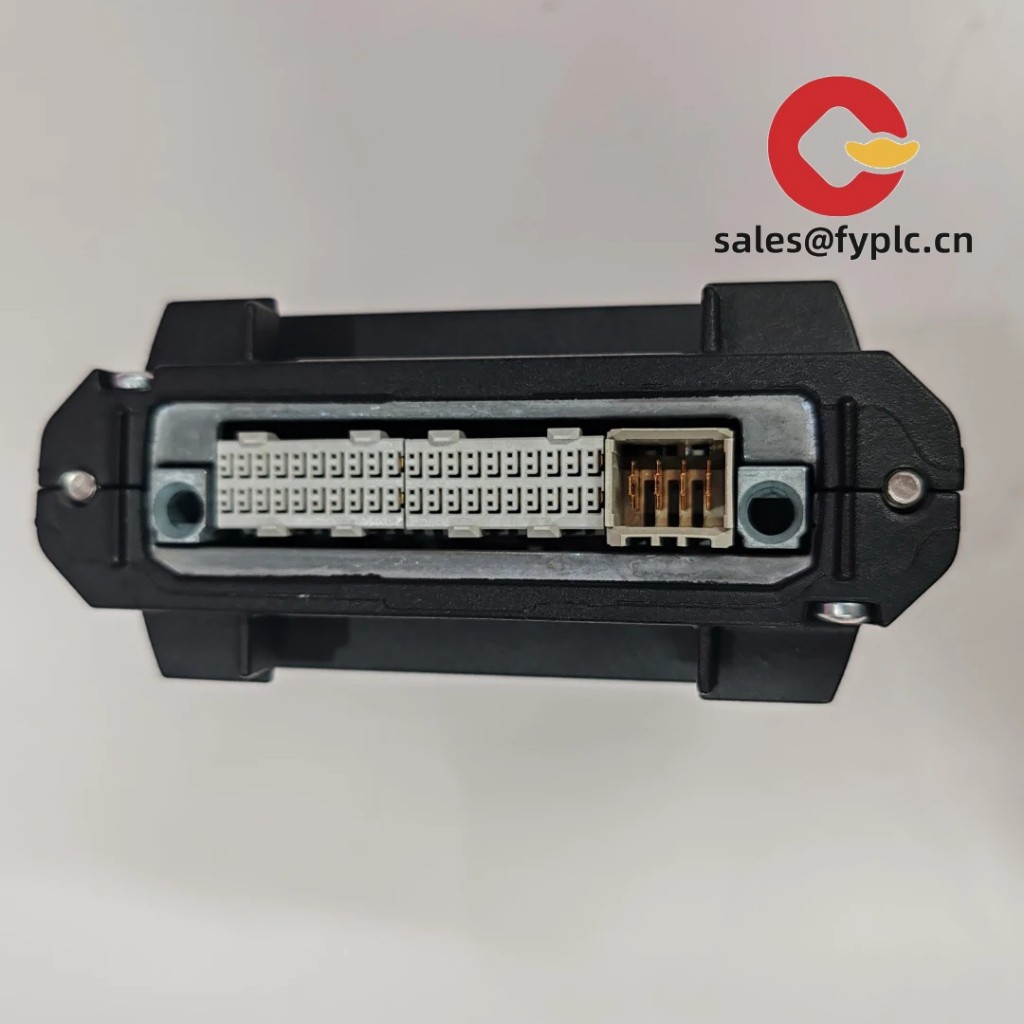
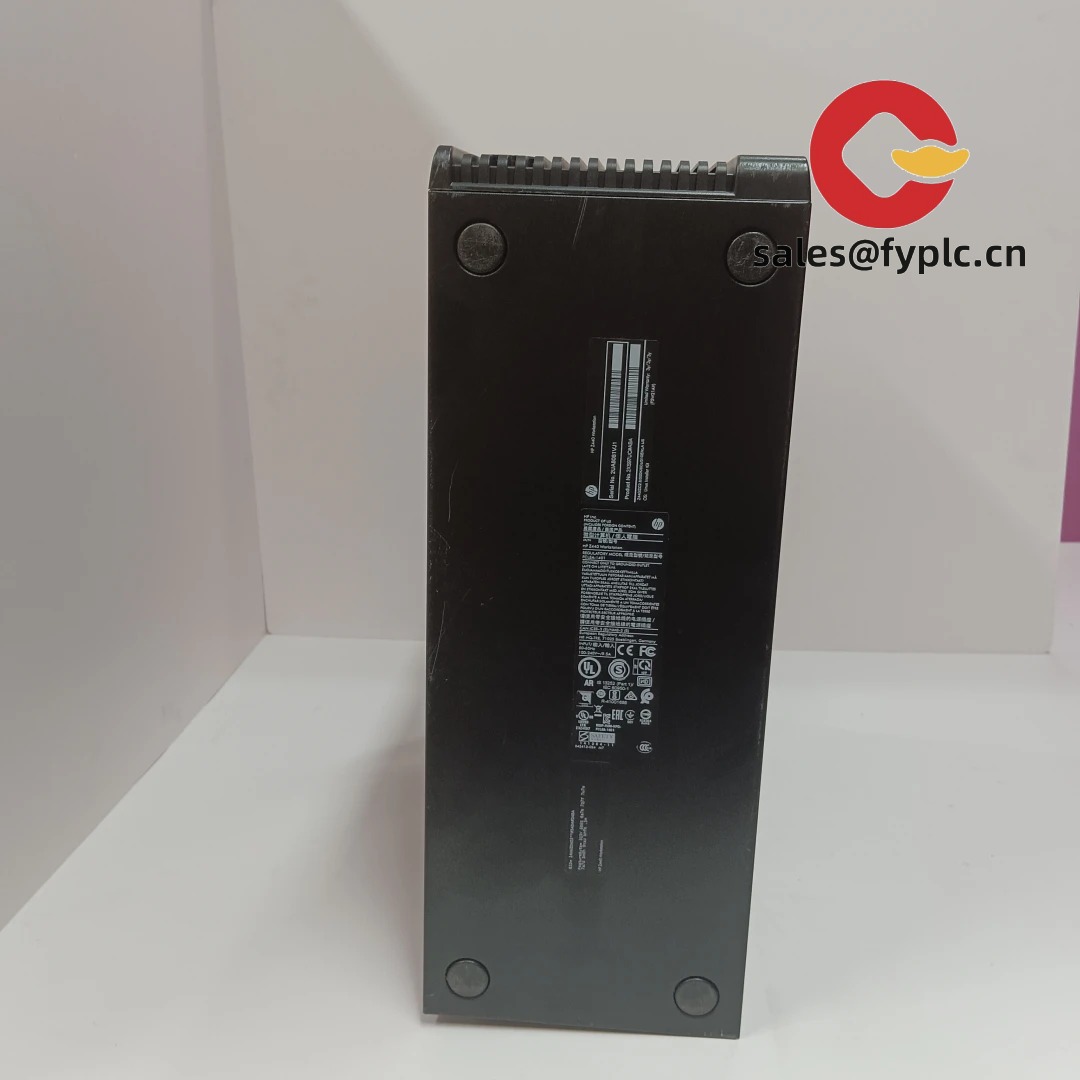

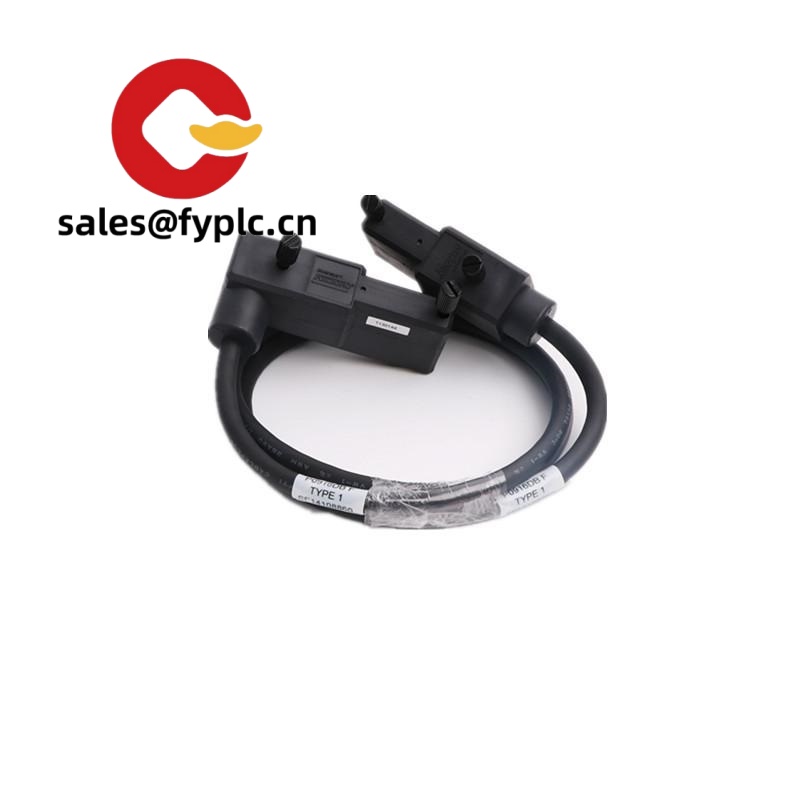
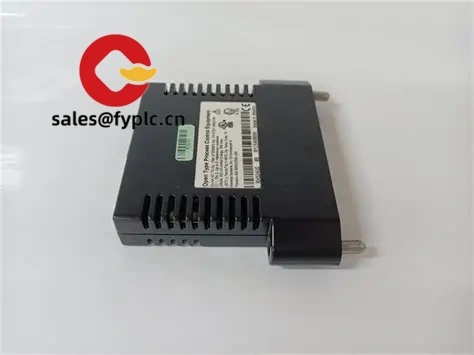
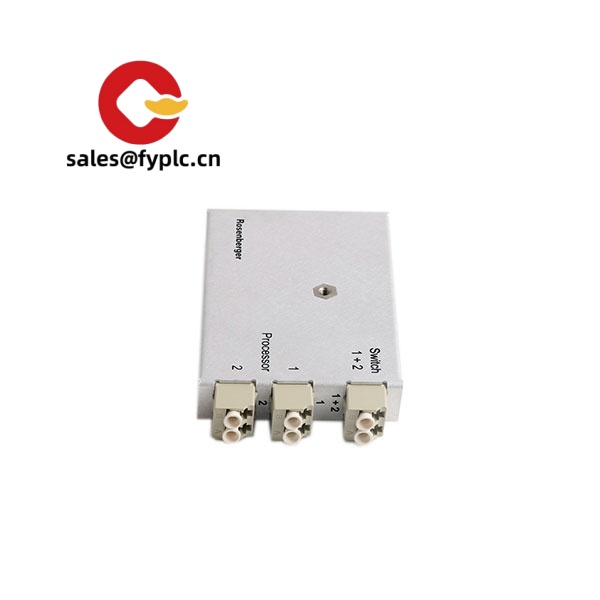
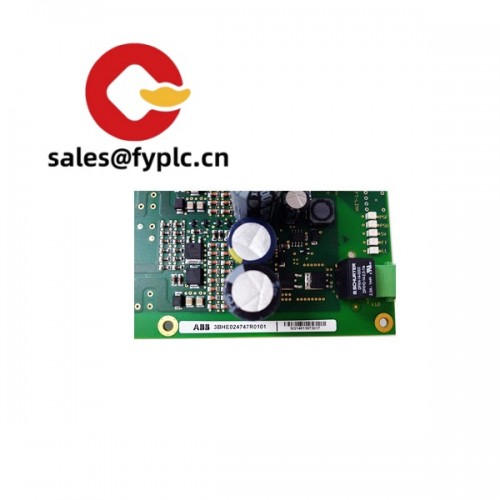
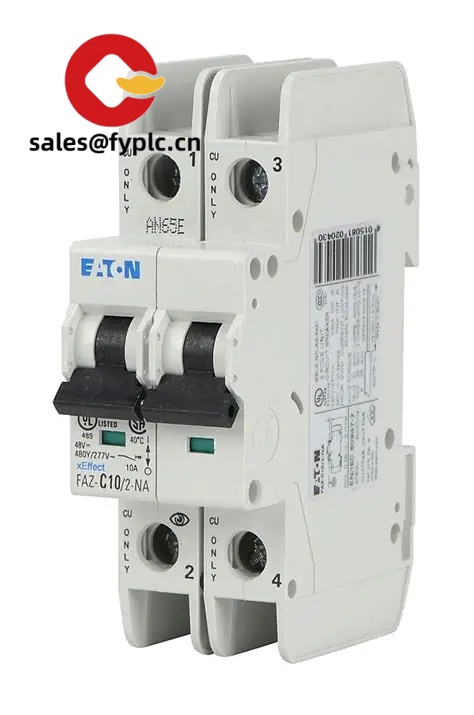
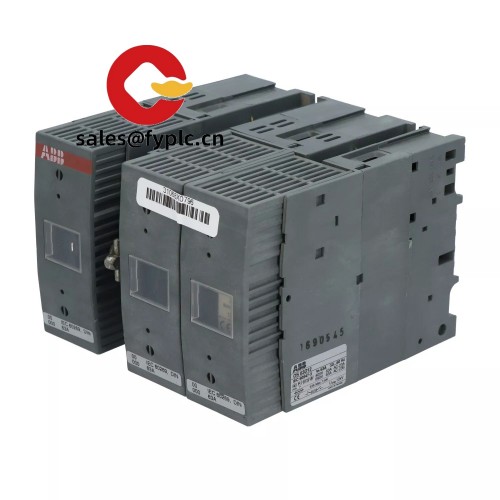
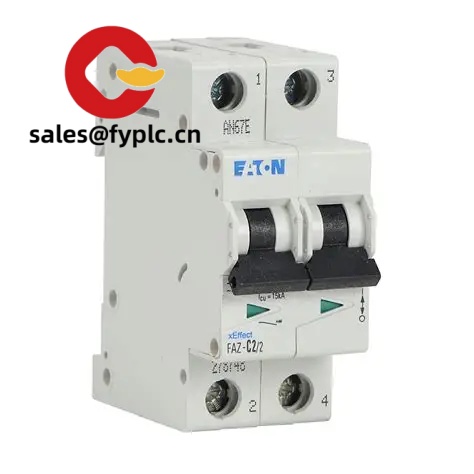
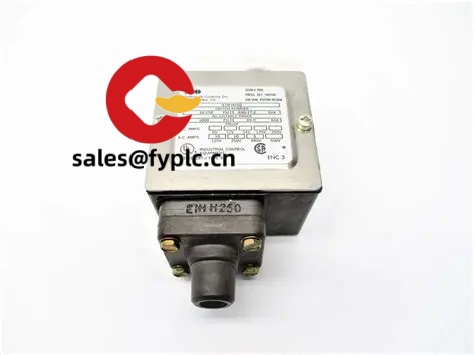


Reviews
There are no reviews yet.